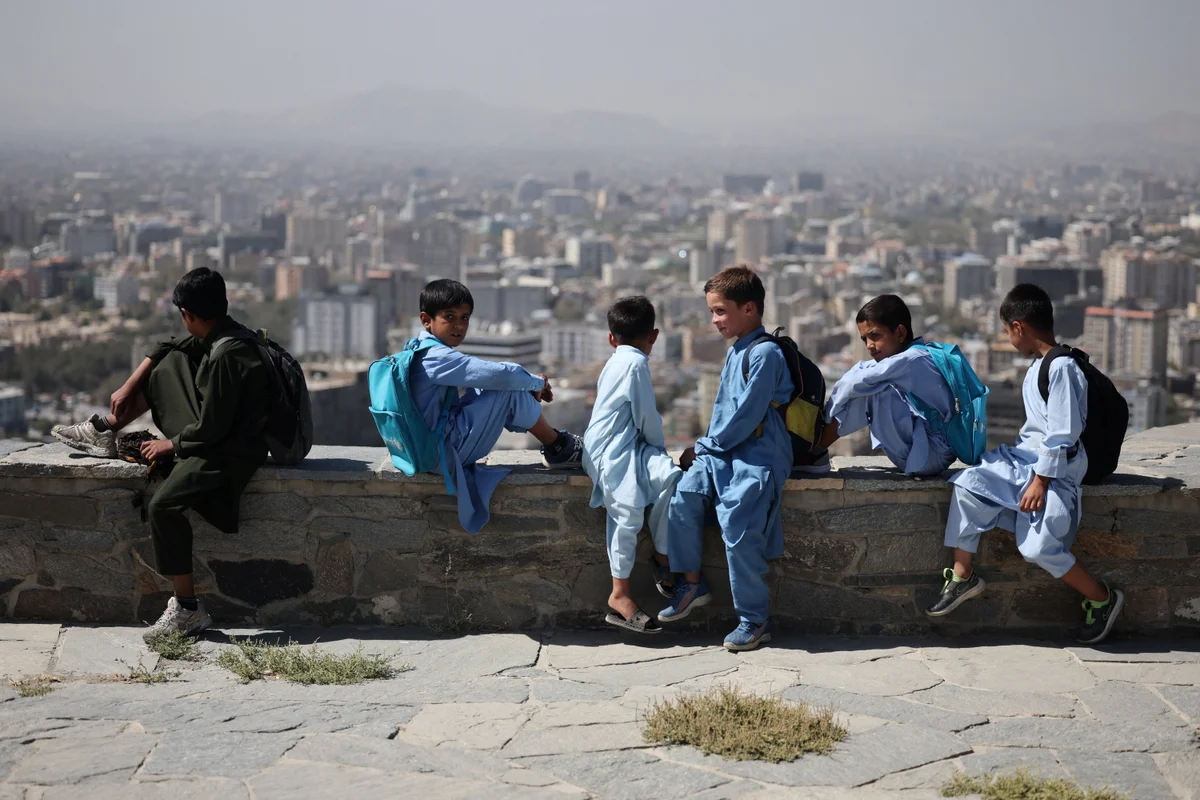Taliban blame internet blackout on ‘decaying infrastructure’ as NGOs say ordinary Afghans suffering
By Shweta Sharma
Copyright independent

The Taliban government denied banning the internet after a nationwide outage caused panic and digitally cut Afghanistan off from the outside world.
In its first public statement since the blackout, the government said it was the result of “decaying fibre optic infrastructure”, which was now being replaced.
Reports of a nationwide internet shutdown were “rumours”, the Taliban’s Al Emarah website quoted the government’s chief spokesperson, Zabihullah Mujahid, as saying.
“There is nothing like the rumours being spread that we have imposed a ban on the internet,” he said.
NetBlocks first reported a “collapse in internet access” at around 5.30pm local time on Monday and later claimed there was a “total internet blackout” in the country.
The blackout continued through Wednesday, more than 48 hours after it was first reported, and there was confusion among Taliban officials about how it happened.
A Taliban leader in Kabul told NBC News they didn’t “understand what is happening in the country”.
“Nobody is telling us as the majority of the people don’t have access to each other,” he said.
The blackout came a few weeks after Taliban officials in some provinces began cutting broadband internet in what was described as an effort to curb “immorality”.
Rights groups said the blackout was likely to have far-reaching consequences as it had already disrupted day-to-day business and critical aid work.
Human Rights Watch condemned internet shutdowns in Afghanistan, arguing they harmed the rights and livelihoods of Afghans by impeding their access to education, commerce, media, and healthcare. Such measures particularly affected women and girls who were barred from formal schooling and relied on online classes as the last resort.
Fereshta Abbasi, Afghanistan researcher at Human Rights Watch, said “the Taliban should drop its baseless rationales and end these shutdowns”.
Indrika Ratwatte, UN’s humanitarian coordinator in Afghanistan, said internet shutdowns were affecting their everyday work and the provision of critical aid.
“This is another crisis on top of the existing crises, and the impact is going to be on the lives of Afghan people.”
Many journalists in Afghanistan reported that they couldn’t make domestic and international calls following the blackout.
They said documenting the impact of the shutdown was difficult because it was not possible to reach anyone inside the country while the internet and phone networks were down.
Amnesty International criticised the blackout as a “reckless move” under the pretext of preventing “immoral acts” and misuse of the internet, warning of severe consequences for aid delivery, healthcare, essential services, and education.



